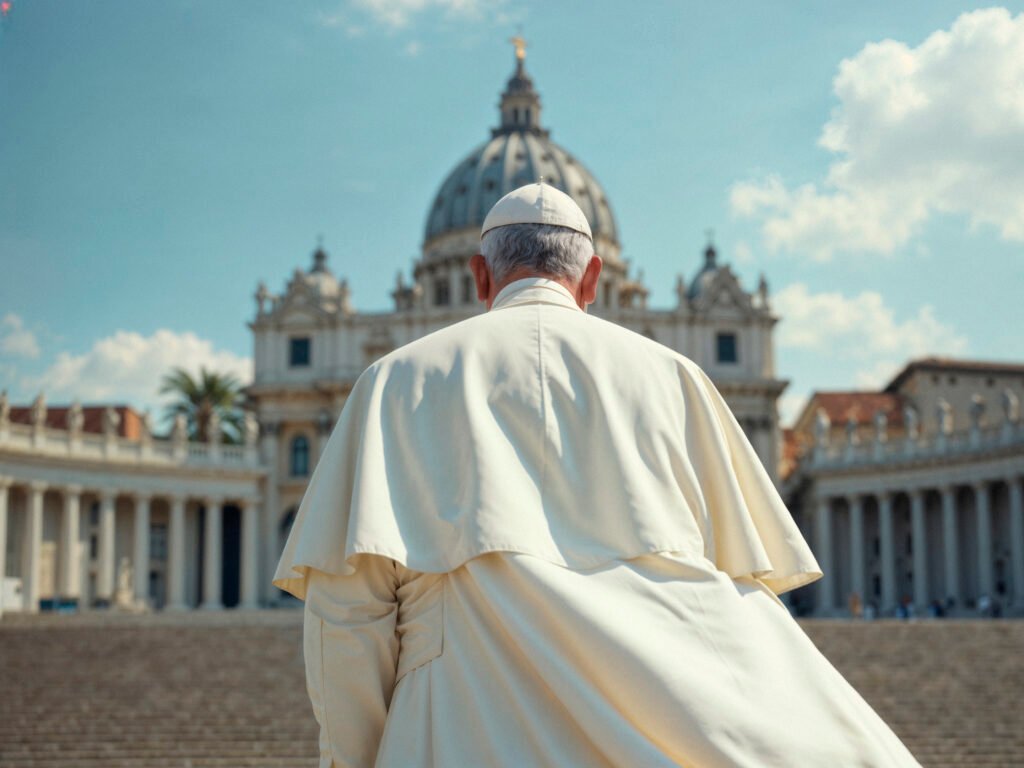
As the Catholic Church prepares for a possible transition, speculation is growing about who might succeed Pope Francis. Although he remains in office, recent health concerns and his own hints about retirement have prompted discussions within Vatican circles and beyond. The next pope will play a key role in shaping the Church’s future in a rapidly changing world.
How the Conclave Works
When the time comes, the College of Cardinals will gather in a secret conclave inside the Sistine Chapel. Only cardinals under the age of 80 may vote, and a two-thirds majority is needed to elect a new pope. During the process, black smoke from the chapel’s chimney indicates an inconclusive vote. White smoke, followed by ringing bells, signals that a new pope has been chosen.
Top Contenders for the Papacy
Cardinal Matteo Zuppi – Italy
Cardinal Zuppi, the Archbishop of Bologna, is gaining popularity as a potential frontrunner. He is respected for his peace efforts in Ukraine and his pastoral style that reflects Pope Francis’s own approach. Many see him as someone who could carry forward the current pope’s legacy with a strong yet compassionate voice.
Cardinal Pietro Parolin – Italy
Cardinal Parolin currently serves as the Vatican Secretary of State. He is a seasoned diplomat who has shaped many of the Vatican’s international relations. However, some Vatican observers question his handling of financial matters and internal politics, which could affect his chances.
Cardinal Luis Antonio Tagle – Philippines
Cardinal Tagle is one of the most recognisable figures from the Global South. He has served as the Archbishop of Manila and now works closely with the Vatican in Rome. Known for his humility and progressive views, he could appeal to both reformers and those seeking broader global representation.
Cardinal Peter Turkson – Ghana
Cardinal Turkson has long been a voice for environmental and social justice. He has led departments focusing on human development and is admired for his intellect and spiritual grounding. Electing him would mark the first African papacy in over 1,500 years and signal a shift towards global inclusivity.
Cardinal Péter Erdő – Hungary
Cardinal Erdő is a leading conservative voice in the Church. As the Archbishop of Esztergom-Budapest, he has pushed back against some of Pope Francis’s more progressive stances. His papacy would likely focus on traditional Catholic teachings and European influence.
Cardinal Robert Sarah – Guinea
Cardinal Sarah is a strong figure among traditionalists. He champions classical liturgy and moral clarity. Despite his retirement from his previous post, his influence remains strong, and he continues to be seen as a figure of doctrinal stability.
Cardinal Pierbattista Pizzaballa – Italy
Cardinal Pizzaballa, the Latin Patriarch of Jerusalem, has shown diplomatic skill in one of the most sensitive religious regions in the world. His calm leadership during the Israel-Hamas conflict and his background in interfaith dialogue could position him as a compromise candidate.
What the Next Pope Could Mean for the Church
The choice of the next pope will reveal which direction the Church’s leadership believes it must take either continuing the reformist path of Pope Francis or returning to a more traditional stance. With Catholic populations growing in the Global South and declining in Europe, the cardinals may favour someone who understands the Church’s shifting demographics and spiritual challenges.
